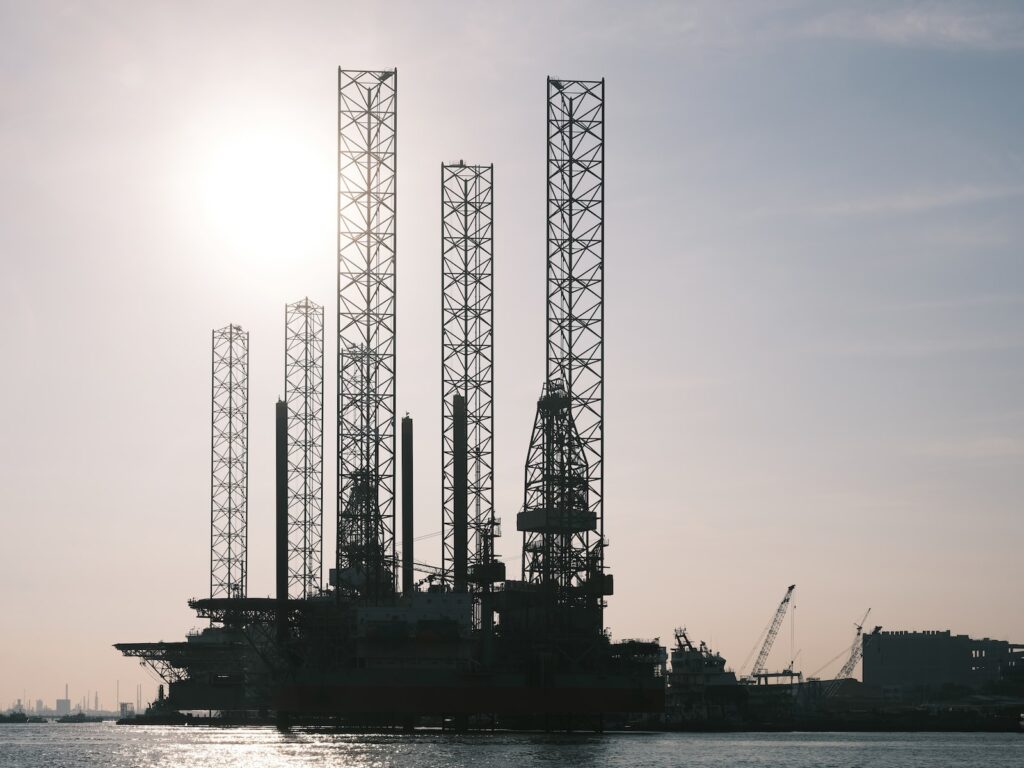Combusting world’s fossil fuel reserves would release 3.5tn tons of carbon
Burning the world’s fossil fuel reserves would release over 3.5 trillion tons of carbon dioxide into the atmosphere, over seven times the carbon budget remaining for a 1.5°C world, data has shown.
This comes from the new Global Registry of Fossil Fuels, the first public database to track fossil fuel supplies, launched by Carbon Tracker and Global Energy Monitor.
The database was created to allow policymakers, markets and civil society to have a clear picture of fossil fuel assets to inform decisions.
Currently, the Registry contains data for 75% of global production, covering 50,000 fields in 89 countries.
Mark Campanale, founder of Carbon Tracker and Chair of the Registry Steering Committee, said: ‘The Global Registry will make governments and companies more accountable for their development of fossil fuels by enabling civil society to link production decisions with national climate policies. Equally, it will enable banks and investors to more accurately assess the risk of particular assets becoming stranded.’

The Global Registry of Fossil Fuels has remained policy neutral and is fully transparent about its calculations.
One insight which has been revealed is that the US and Russia alone have enough fossil fuel reserves to use up the entire carbon budget, even if all other countries ceased production immediately.
There are plans for the database to include information about economic attributes, including tax and royalties associated with specific assets, over time, to aid decisions about how supply is phased out.
Information regarding the amount of emissions generated through production and the taxes paid by producers has also been revealed by Carbon Tracker Initiative.
The team discovered a huge discrepancy between taxes paid per ton of emission according to each country, with Iraq paying around $100 per ton of emissions in taxes compared to the UK which pays just $5 per ton.
Inger Andersen, Under-Secretary-General of the United Nations and Executive Director of the United Nations Environment Programme, said: ‘The science is crystal clear. The transition away from fossil fuel powered economies is critical to the survival of people and the planet. For this to happen we need to deploy every solution in our toolbox to decarbonize our economies. The Global Registry of Fossil Fuels is an important step in providing insights to policymakers and investors as we embark on a just transition away from fossil fuels.’
Photo by Galen Crout















